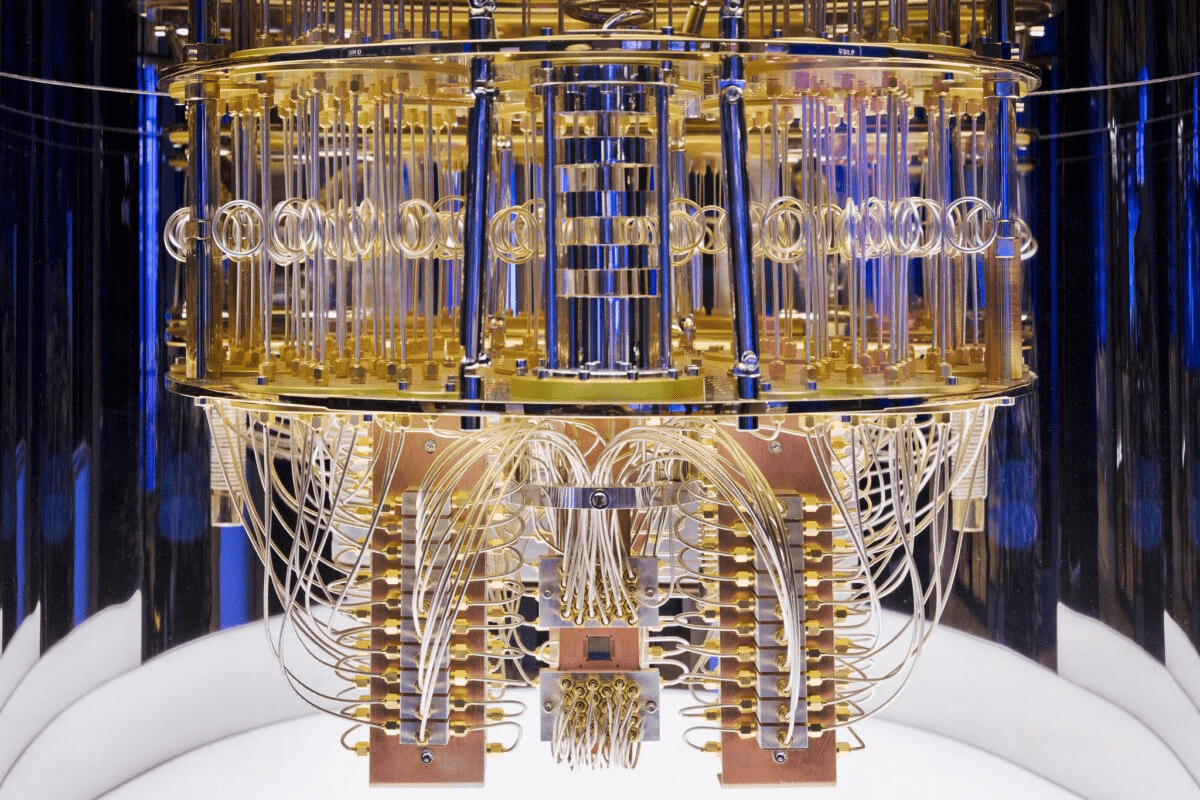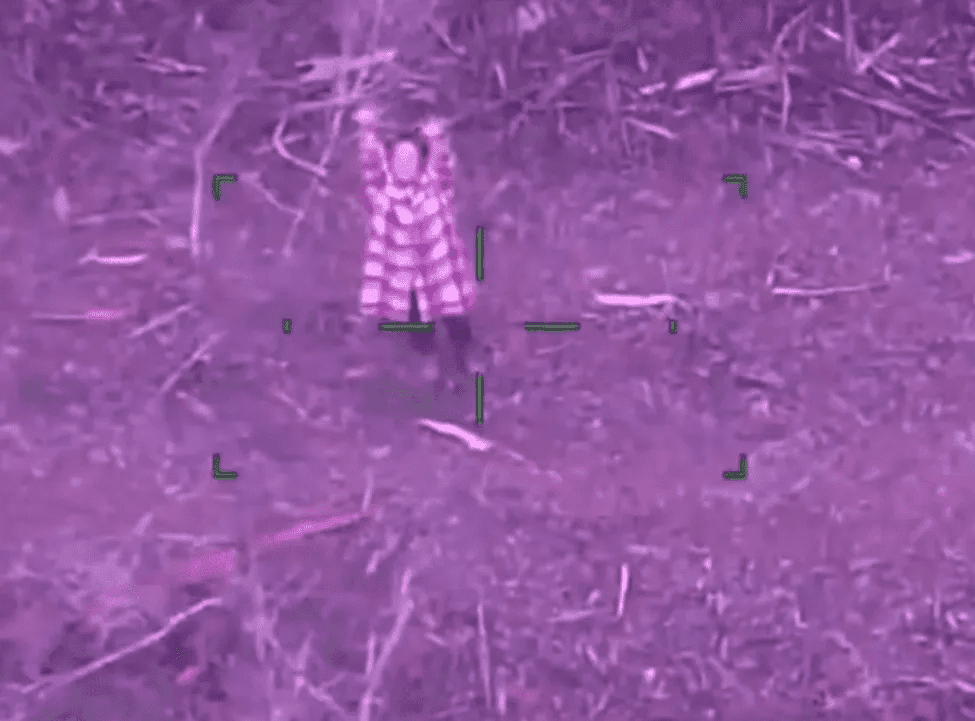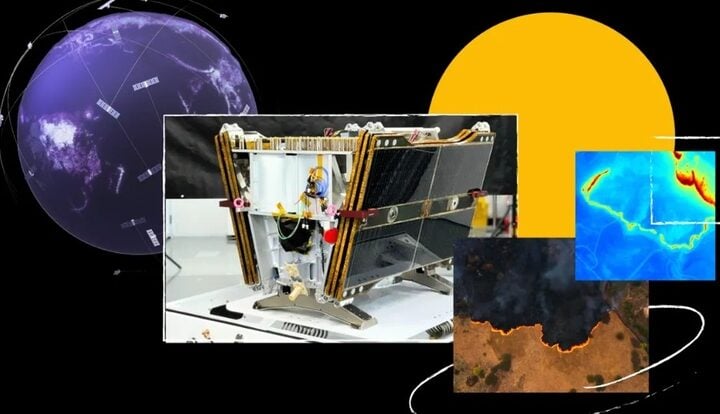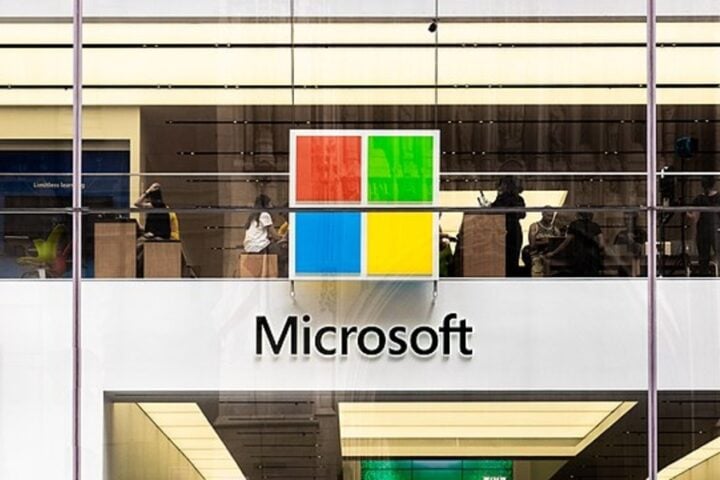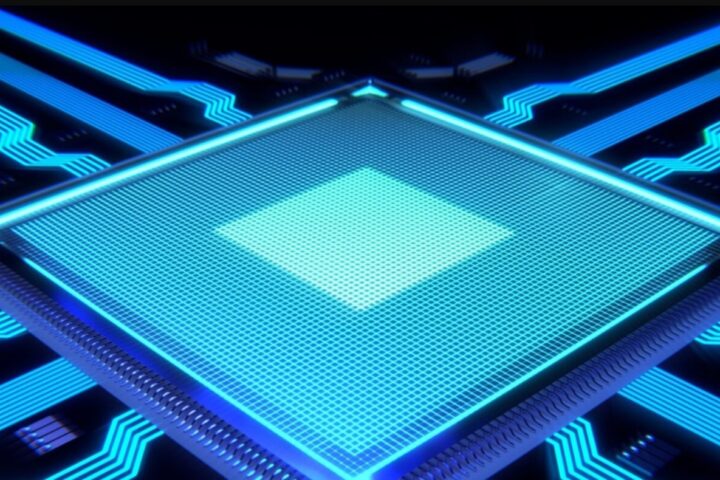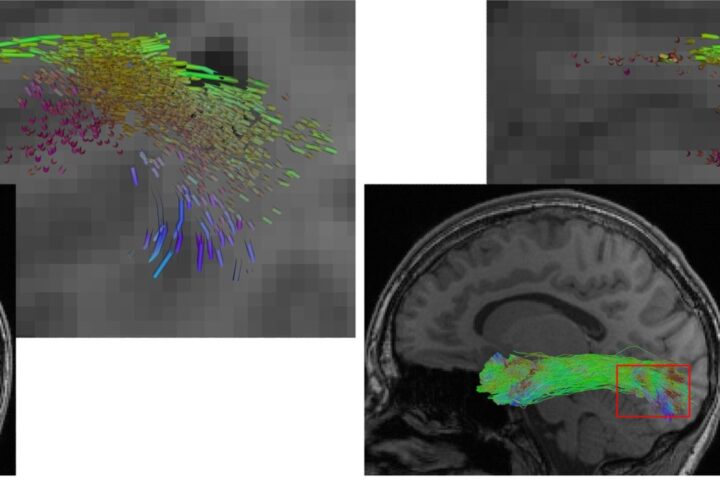A team of researchers from Microsoft and the Zurich Scalable Parallel Computing Lab published an article on the potential of quantum computing for the future.
The researchers compared quantum computing (QQC) to a single NVIDIA graphics card, and it was found that GPUs perform better than a hypothetical quantum computer in some applications. The researchers suggested that future quantum systems are unlikely to reach practical speeds for many of the most common manufacturing tasks, even with extraordinary improvements in hardware and software.
A task must be completed faster than a conventional computer by a quantum system to be useful, and this was tested by the team by comparing a hypothetical 10,000 qubit quantum system to a classical computer equipped with a single NVIDIA A100 computational accelerator.
Currently, several hundred physical qubits are contained in the most advanced quantum computer; for example, the IBM Osprey system contains 433 qubits. The comparison revealed a glaring problem with most modern quantum algorithms: a quadriatic acceleration as provided by Grover’s algorithm is not sufficient to gain an advantage over traditional systems.
Since the throughput of quantum systems is too low for applications such as searching databases or training machine learning models on large amounts of data,applications that rely on large amounts of data are better served with classical computing.
Given the current state of the art, classical computing is better suited for workloads such as drug development, protein folding analysis, and weather and climate forecasting. Chemistry and materials science can derive benefit from quantum systems, as many problems in these fields are based on relatively small data sets.
Similar Post
A task needs to be performed faster than a conventional system for a quantum system to be worthwhile, and the team pitted a hypothetical quantum system with 10,000 error-correcting qubits, or about a million physical quoits, against a classical computer equipped with a single NVIDIA GPU.
IBM is set to deliver a 4,158-qubit system in 2025, though no such quantum system exists today. Input and output (I/O) bandwidth limit the quantum architecture. As suggested by the researchers, “super-quadratic or ideally exponential speedups” are needed for quantum systems to achieve an advantage over conventional systems.
Since the bandwidth is too low on quantum systems to allow for applications such as searching databases or training machine learning models on large datasets, applications that rely on large databases are better served. According to the researchers, “big compute” problems on small data will be practical for quantum computers, not big data problems.
Compared to what marketers tell us, quantum systems are likely to be narrower in their applications.
Since many of the chemical and material sciences work loads rely on relatively small datasets, they are among the workloads that can benefit from quantum systems. In order to derive benefits from quantum systems, it is crucial to find better battery chemistry for better and more efficient EVs.
For more effective and targeted cancer drugs,computational biochemistry is crucial so that benefits from quantum systems can be derived. Cryptanalysis using Shor’s algorithm presents similar challenges for quantum systems.
According to the researchers, while linear algebra has an exponential speedup, this is negated by I/O bottlenecks.
